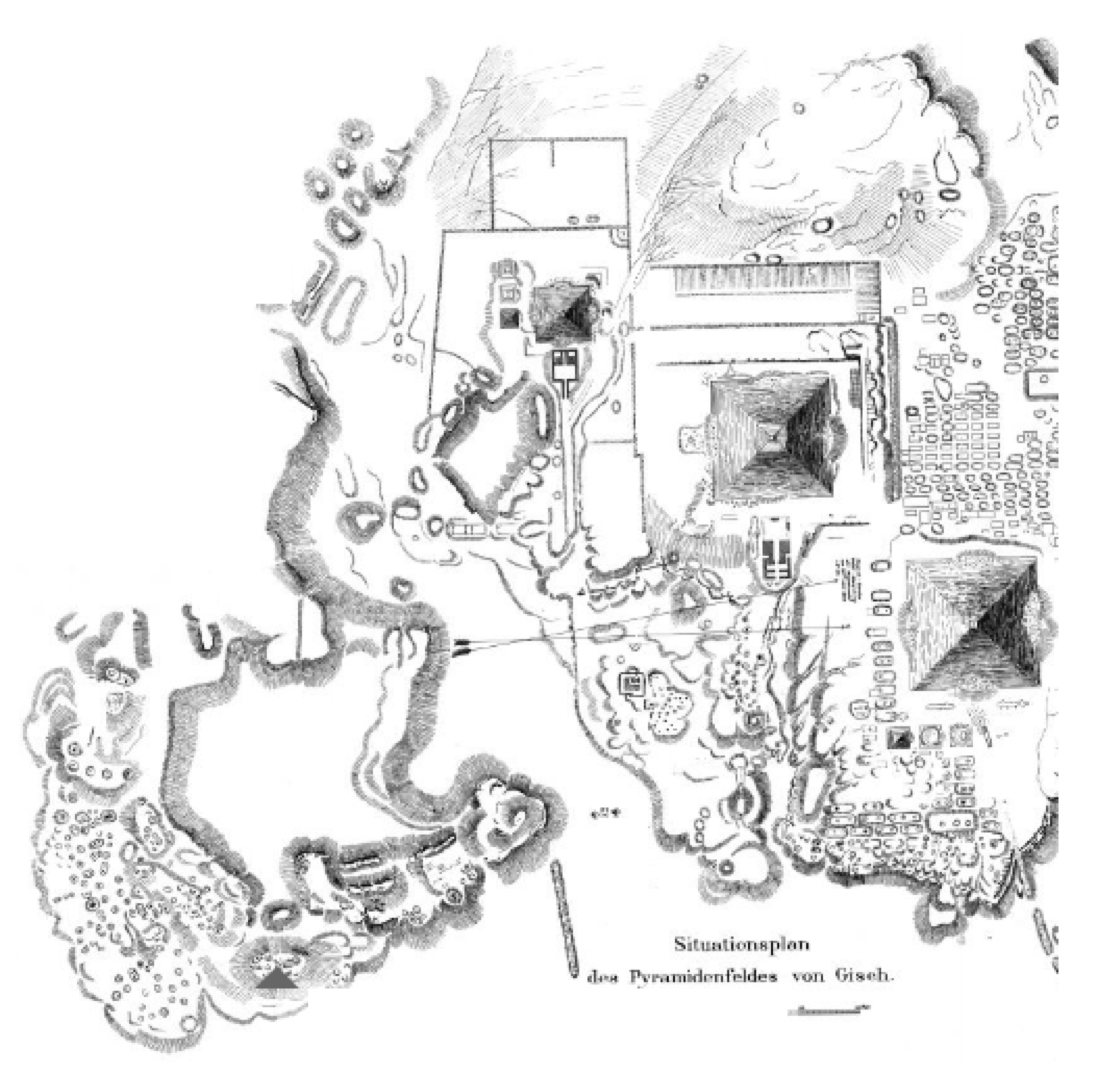:
Diary Transcription:
microfilm: begin page 32
Sunday, November 1, 1914 (continued)
the harbor at Odessa and have bombarded Theodosia. The Russian Ambassador is said to have sent his archives to the Italian Embassy and to have left Stamboul.
November 2, 1914
No confirmation of the report that Turkey and Russia are at war. The Mokattam is incline to believe that the matter may still be smoothed out provided the act was done by the Germans on their own responsibility. In case of war between Turkey and Russia, the conflict will undoubtedly spread to the allies. Unless Bulgaria joins in, Greece and Romania will have difficulty in attacking Turkey. It is, I think, inconceivable that Bulgaria will join with Turkey, and very doubtful if she acts against Turkey. In case of Bulgaria's neutrality, Romania must remain on guard while Greece declares war and attacks Asia Minor. The Greeks are supposed to have offered a couple of army corps to England for Egypt. But the English have, I think, about sixty thousand (60,000) men (including Indians) and another fifteen thousand (15,000) within call. Forty thousand (40,000) ought to be able to prevent the Turks crossing by way of el-Arish. There will, of course, be a determined effort to stir up trouble in Egypt. The Germans have been at that game ever since I came to Egypt in 1897. But unless the Turks get across the Canal, I do not anticipate any serious trouble in this country.
November 3, 1914
Said Ahmed in response to telegram of yesterday arrived.
Last evening the papers brought the proclamation of martial law and state of siege by General Maxwell. It ought to have been done before. Very strict regulations have been published regarding being on the streets at nights, assembling in groups of five or more, etc. The Bedawi chiefs have been called up and lectured by the General and Storrs as to their behavior in the crisis.
November 4, 1914
Telegram from Gordon "Will situation disturb excavation."
Thursday, November 5, 1914
I am forty-seven years old today.
microfilm: end page 32
-
- Classification
- Documentation-Expedition diary pages
-
- Department
- Harvard University-Boston Museum of Fine Arts Expedition
-
- Credit Line
- Harvard University–Boston Museum of Fine Arts Expedition
-
- Display Page Dates
- 11/01/1914; 11/02/1914; 11/03/1914; 11/04/1914; 11/05/1914
-
- Mentioned on page
- General Sir John Maxwell
- George Andrew Reisner, American, 1867–1942
- Ronald Storrs
- Said Ahmed Said [Diraz] (Reis)
-
- Author
- George Andrew Reisner, American, 1867–1942
Modern People
-
- Type Mentioned on page
- Nationality & Dates
- Remarks Commander Army of Occupation
-
- Type Mentioned on page
- Nationality & Dates American, 1867–1942
- Remarks Egyptologist, archaeologist; Referred to as "the doctor" and "mudir" (Arabic for "director") in the excavation records. Nationality and life dates from Who was Who in Egyptology.
-
- Type Author
- Nationality & Dates American, 1867–1942
- Remarks Egyptologist, archaeologist; Referred to as "the doctor" and "mudir" (Arabic for "director") in the excavation records. Nationality and life dates from Who was Who in Egyptology.
-
- Type Mentioned on page
- Nationality & Dates
- Remarks Oriental Secretary; First Dragoman British Agency
-
Said Ahmed Said [Diraz] (Reis)
- Type Mentioned on page
- Nationality & Dates
- Remarks Head Reis for the Harvard-MFA expedition, 1908–1926. In his "A History of the Giza Necropolis I," George A Reisner described Said Ahmed Said as "the most gifted foreman who ever worked for the expedition." Father of Mohammed Said Ahmed [Diraz] (Head Reis 1936–1939), Mahmud Said Ahmed [Diraz] (Translator), Ahmed Said Ahmed [Diraz]. Family name, Diraz, was supplied by Said Ahmed Said's grandsons in 2006.
Name of this image
Description of the image duis mollis, est non commodo luctus, nisi erat porttitor ligula, eget lacinia odio sem nec elit. Sed posuere consectetur est at lobortis. Donec sed odio dui.

- Heather ONeill heather@pixelsforhumans.com
- Nicholas Picardo npicardo@fas.harvard.edu
- Luke Hollis luke@archimedes.digital
